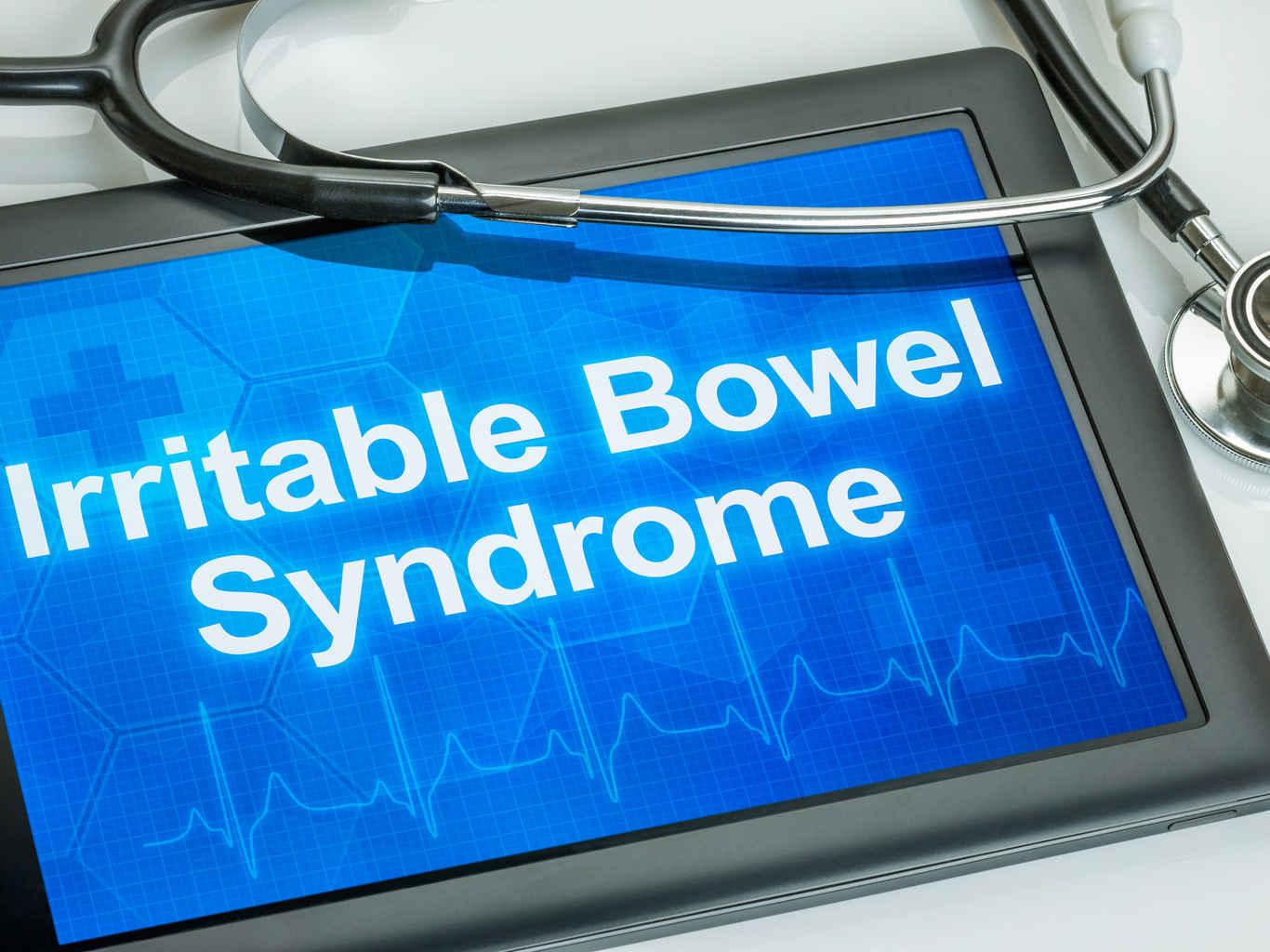Irritable Bowel Syndrome
By Dr. Israel Crespo - Updated September 1st, 2017

IBS is an intestinal condition manifested by symptoms of abdominal pain or discomfort associated with bowel irregularities.
It is a very common condition which account for many visits to primary care physician and it is the number one diagnosis in gastroenterology practices.
It effects mostly women (70-80%) and usually stars between ages from 20 to 40 years of age.
How is IBS Diagnosed?
IBS is a clinical diagnosis base only on symptoms since there is no single laboratory, radiographic, endoscopic or pathologic changes that are unique to this condition.
IBS is diagnose using clinical guidelines set up under the name of ROME CRITERIA.
A group of expert met in ROME in 1992 and developed these guidelines for the diagnosis of IBS, using a combination of symptoms including abdominal pain or discomfort that can be relief by bowel movements associated with either an increased frequency of loose bowel movements or reduce frequency or increase hardness of stools.
What types of IBS exists?
There are four types of IBS patients defined by the ROME criteria:
- IBS with predominant constipation;
- IBS with predominant diarrhea;
- IBS mixed (patient that have both episodes of loose bowel and constipation)
- IBS undefined ( patients whose symptoms do not fit any of the others categories).
What causes IBS?
The cause of IBS is unknown but there are several lines of evidence that suggest a role for changes in the perception of pain at the level of the intestinal nervous system as well as changes in the way that the brain process signals from the nerves of the intestinal tract.
There is also evidence that changes in the microbiome (the normal bacterial flora of the intestine) may play an important role in the development of IBS.
There are also other factors that appear to be associated with the symptoms of IBS including:
- Changes in the motility of the intestine,
- Abnormal responses to stress
- Genetic predisposition
- Alterations in the serotonin receptors (located in the intestinal nerves)
When conditions other than IBS should be suspected?
There are a number of symptoms or findings that when present are called RED FLAGS.
RED FLAGS when present indicate additional evaluation is needed.
RED FLAGS include:
- Onset of symptoms after age 50
- Weight loss
- Nocturnal symptoms
- Rectal bleeding
- Short duration of symptoms (less than 3 months)
- Males sex
- Anemia
- Family history of colon cancer
What is the treatment of IBS?
The initial treatment of IBS is mostly symptomatic.
- Healthy diet with high fiber
- Fiber supplements
- For patients with mostly constipation an initial trial of over the counter laxatives can be used
- For those with mostly diarrhea the use of anti-diarrhea agents is recommended.
- For pain control, initial use of medication that control intestinal spasms (antispasmodics) can be of help
- For patients whose main symptom is abdominal pain there are some anti-depressant medication that at low dose have shown to be benefits.
Recently, a number of medication have been developed for IBS both with constipation or diarrhea that specifically target some of the suspected triggers
Consultation with a gastroenterologist is recommended before initiating this new generation of medications.
Last word
Remember that if you are age 50 or older and have never have a colonoscopy for early detection or prevention of colon cancer, this is highly recommended whether your symptoms are typical or not of IBS.
In our practice have extensive experience in evaluating and diagnostic of this condition.